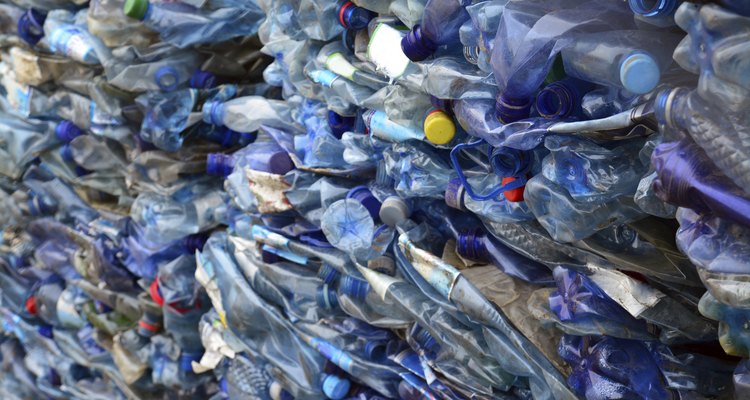
empire331/iStock/Getty Images
Some plastic bottles can leach harmful chemicals into the fluids you drink from them. These chemicals include bisphenol A and phthalates. Bisphenol A interferes with the reproductive development of animals and has been indicated as a causative factor of cardiovascular disease and diabetes in people. Phthalates can disrupt your endocrine system and potentially create hormone imbalances.
Unlucky Number 7
Manufacturers use bisphenol A in the production of hard plastic bottles, such as those used by campers. Baby bottles also often contain bisphenol A as well. Typically, hard plastic bottles are made of polycarbonate plastics. You can find out if a plastic container is made of polycarbonate by looking at its recycling number. If you see the number "7" in the middle of the recycling triangle symbol, the bottle contains polycarbonate plastic and you should avoid it. Bottles labeled with recycling numbers 1 through 6 will not contain significant amounts of bisphenol A.
Studies have convincingly shown that drinking water from polycarbonate bottles increase the amount of bisphenol A in your body. In a 2009 study performed at Harvard University, researchers recruited 77 volunteers to drink cold water exclusively from two polycarbonate bottles for one week. The results showed that the volunteers' urinary concentration of bisphenol A had increased by 69 percent by the end of the experiment. These results were in line with expectations once other studies had shown that bisphenol A does, in fact, leach into liquids contained in polycarbonate bottles.
Single-Use Bottles
Most single-use water bottles do not contain bisphenol A. Manufacturers produce these bottles with non-polycarbonate plastics; their softness reaffirms this fact as polycarbonate bottles tends to make plastic very hard. Also, you can confirm that single-use bottles do not contain polycarbonate plastic by checking the recycling number on their bottoms. Remember that the number "7" means that the bottle contains polycarbonates that can leach bisphenol A into your drink. Still, single-use bottles are designed for one use only, and should be recycled after that use. They may contain other potentially harmful chemicals, such as phthalates, that can leach into your drinks when the plastic becomes warm.
Microwave-Safe Plastics
Before heating your baby's bottle in the microwave, make sure it's made of microwave-safe plastics. Otherwise, the heating process can cause certain chemicals, such as phthalates, to leach into the milk or baby formula. Manufacturers use phthalates to make plastics more soft and pliable. They commonly add phthalates to polyvinyl chloride, or PVC, plastics. Most water bottles do not contain phthalates, but the nipples of some baby bottles might, even though most manufacturers no longer use them. Still, be sure that any bottle you buy contains the "microwave-safe" label so that heating it will not cause harmful chemicals to leach into your baby's food.
Related Articles
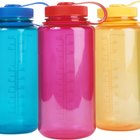
Heating Foods in Plastic & BPA

Plastic Recycling Levels
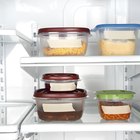
Which Plastics Are Safe to Reuse?
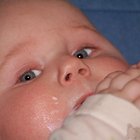
How to Use NUK Bottles
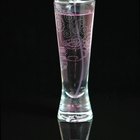
What Do the Numbers Mean on Perfume ...
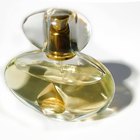
How to Buy Perfume Testers

Advantages of Vermicompost
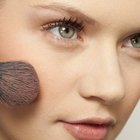
Merle Norman Ingredients

What Items Can't Be Recycled?
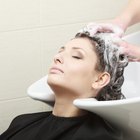
Ingredients in Redken Shampoo
What Is the Difference Between 80 & 100 ...
What Kind of Cans Are Used for Canned ...

Is It Harmful to Cook Meat in Plastic?
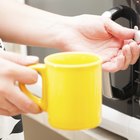
Can You Microwave Ceramic Mugs?

What Is 916 in Jewelry?
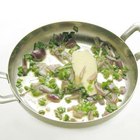
Are Nickel Lined Pans Safe?

Adding Cream of Tartar to Macaroons

Health Benefits of Organic Foods Vs. ...

How Are Perfumes Tested on Animals?
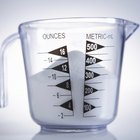
How to Find Out How Many Cups Is 3 ...
References
Writer Bio
Timothy Banas has a master's degree in biophysics and was a high school science teacher in Chicago for seven years. He has since been working as a trading systems analyst, standardized test item developer, and freelance writer. As a freelancer, he has written articles on everything from personal finances to computer technology.
Photo Credits
empire331/iStock/Getty Images